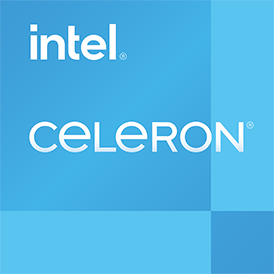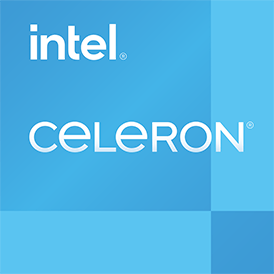
What's the best choice Intel Celeron G4920 or Intel Celeron J3060? Which processor is faster?
We have prepared a comparison to help you choose the best processor. Compare their specifications and benchmarks.
Intel Celeron G4920 has a maximum frequency of 3.20 GHz. 2 Cores. Power consumption of 51 W. Released in Q2/2018.
Intel Celeron J3060 has a maximum frequency of 1.60 GHz. 2 Cores. Power consumption of 6 W. Released in Q1/2016.
 Reasons to consider
Reasons to consider Place in the overall ranking
(based on several benchmarks)
Higher clock speed
Around 50% better clock speed
Common positions Intel Celeron G4920 CPU in popular benchmarks, for comparison with other models.
 Reasons to consider
Reasons to consider Place in the overall ranking
(based on several benchmarks)
Performance per watt
About 0.12 times less performance per watt
Common positions Intel Celeron J3060 CPU in popular benchmarks, for comparison with other models.
 Intel Celeron G4920
Intel Celeron G4920

Background information about the processors being compared, series, generation and market segment.
Basic parameters such as number of cores, number of threads, base and turbo frequency, and cache size. These parameters indirectly tell about the speed of the processor, the higher they are the better.
Internal Graphics does not affect the performance of the CPU, performs the work of the graphics card in its absence or on mobile devices.
Built-in codecs used to encode and decode content. Significantly speeds up the required operations.
Types, channel quantity of RAM supported by Intel Celeron J3060 and Intel Celeron G4920. Depending on the motherboards, higher or lower memory frequencies may be supported.
Compare the TDP requirements of TDP Intel Celeron G4920 and Intel Celeron J3060 to select a cooling system. Note, the TDP value refers to thermal watts, not electrical watts.
Architecture, interfaces, additional instructions supported by Intel Celeron G4920 and Intel Celeron G4920, virtual machine technologies and process technology.
Based on the results of several benchmarks, you can more accurately estimate the difference in performance between Intel Celeron G4920 and Intel Celeron J3060.
Compare the synthetic test values and choose the best processor!